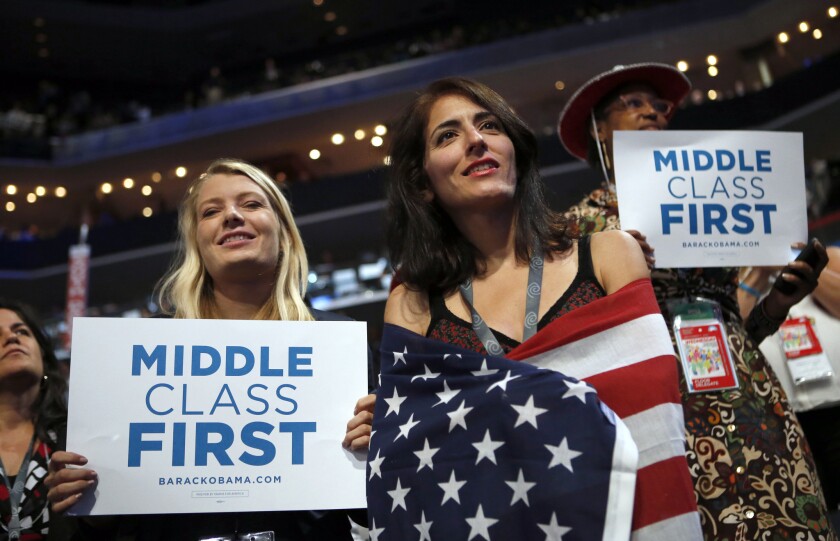
Federal Reserve Cuts Interest Rates in Unprecedented Move; Korean Economic Environment Is Different
(South Korea) on 4 March 2020
by Editorial (link to original)
The American stock market showed anxiety over the sudden and shocking reduction of the benchmark interest rates. The three major New York stock market indexes, including the Dow Jones Industrial Average, dropped almost 3% on the day interest rates were cut. This is because of the surge of worry that the shock of the COVID-19 outbreak may be greater than expected given the Fed’s need to take such unprecedented action. People have contradictory expectations for the effect that lowering interest rates will have. This is because there’s a sense that this action will only have only a limited effect in solving the disruption in the global value chain caused by COVID-19. However, many believe that a fiscal policy that increases demand by lowering interest rates may help to stimulate investment and consumer spending.
Our country stands among those most vulnerable to the shocks of COVID-19 because of our high dependency on foreign trade with countries like China. That is why it has been predicted that Korea will soon follow the trend of lowering interest rates. The problem is that the effects of this fiscal policy would be much weaker in Korea compared to leading industrial nations like the United States. Because of a frozen labor market and anti-corporate policy that blocks the entry of new industry, additional money being released into the market by lower interest rates would not result in increased consumption. If the government just pours funds into the market clogging the flow of money, lowering interest rates could stimulate the housing market, and possibly cause a real estate bubble and increase household debt. This environment is very different than the United States, where there is respect for both the autonomy of industry and civilian life.
In order to minimize the side effects of this fiscal policy and maximize its positive impact, we must first improve the fundamental structure of the economy. This is only possible if it is supported by drastic regulatory reform to stimulate corporate investment, restructuring industry, and labor reform. There is an urgent need for a transformation in government policy.
*Editor’s update: In response to the COVID-19 outbreak, the Federal Reserve cut interest rates to zero on Sunday, March 15.


